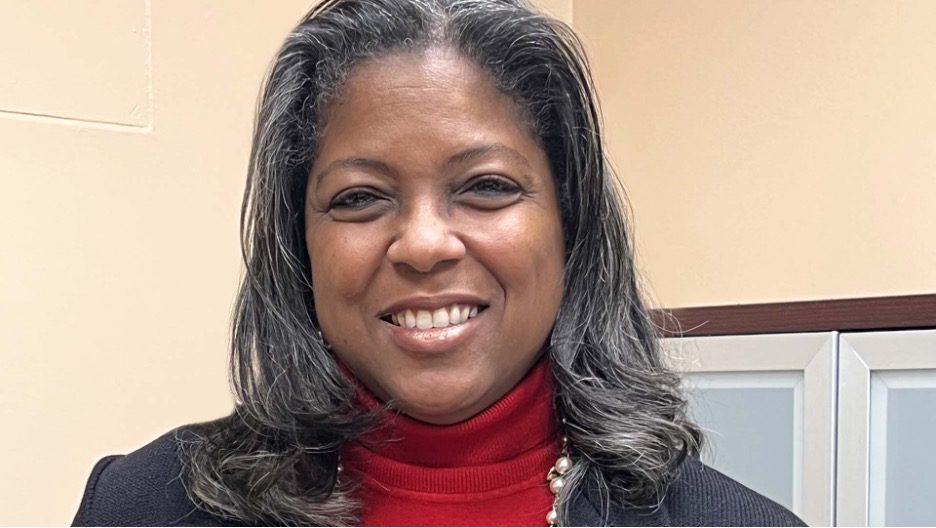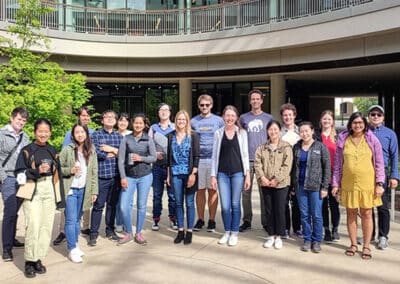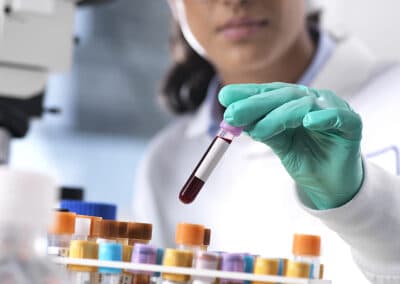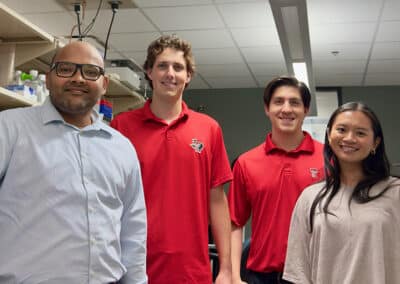A Passion for Discovery
Nationally recognized for her pioneering work in hyper-thermic intraperitoneal chemotherapy for children (HIPEC), Dr. Hayes Dixon has always had a passion for discovery and problem-solving and has spent her career specializing in sarcoma research. Her basic science laboratory focuses on rare sarcomas while maintaining clinical research efforts.
“Through my research in sarcomas, I have an affinity for figuring out new ways to treat diseases that we’re failing at treating at this point,” says Dr. Hayes Dixon. “Unfortunately, the current treatment for osteosarcoma is no different from that of 40 years ago and the outcomes have remained the same.”
Dr. Hayes Dixon has had several “firsts.” She was the first Black woman in the nation to become a board-certified pediatric surgeon. In 2006, Dr. Hayes Dixon became the first surgeon in the world to perform a high-risk life-saving procedure on teenagers with rare forms of abdominal cancer. And she was the first woman chair of the Department of Surgery at Howard.
A Leader in Progress
Already a valued member of the OSI’s Strategic Advisory Board, Dr. Hayes Dixon is also involved in the OSI’s Brokers of Progress (BOP) Committee, which is charged with the role of negotiating and coordinating connections between the scientists in academia—the ones doing the research—and the biopharmaceutical industry to help get drugs developed.
“Because of its multidisciplinary nature, the OSI is uniquely positioned to identify high-impact potential drugs to treat osteosarcoma,” she says. “My colleagues in the OSI have different areas of expertise connected to osteosarcoma that allow us all to bring a slightly different perspective.”
Equipped with oncology connections all over the world, Dr. Hayes Dixon is excited to use those connections to discover new and evolving research that could change the way we treat this disease.
“Everyone at the OSI and I have a huge passion for osteosarcoma and want to be able to end this disease,” says Dr. Hayes Dixon. “What I hope to do is bring the perspective of underrepresented minorities into the OSI—not just in a social sense but in a medical sense—so that we do not exclude them when we’re discovering new drugs and new products.”
